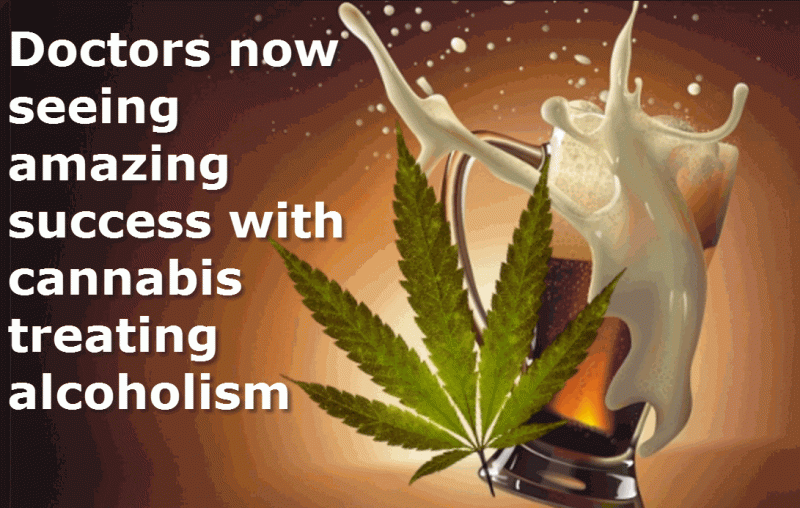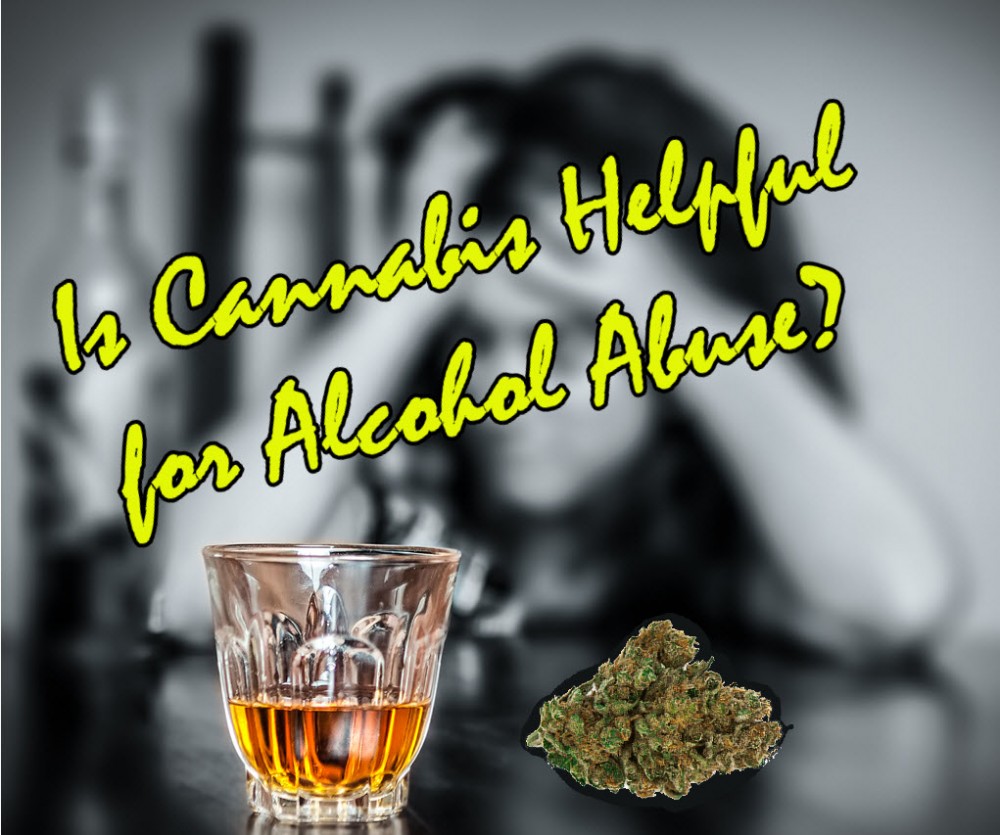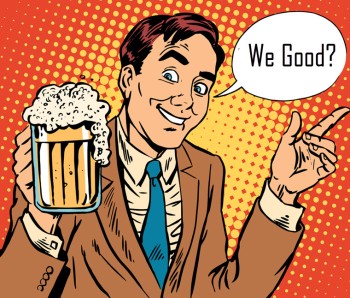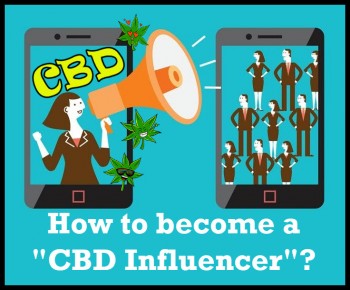Cannabis Gives Hope For Alcoholics
Medical Cannabis is Fighting Alcoholism in a Big Way from CannabisNet on Vimeo.
It’s normal to hit the bottle a few days a week to unwind, maybe even mix it with a little pot for a relaxing evening. But for alcoholics, alcohol dependency is a real thing, and it ruins lives.
Alcoholism is defined as a state wherein a person needs to consume alcohol to be able to function properly. People with alcoholism develop a tolerance to the buzz, which means that over time they will need to consume more amounts of booze in order to get their fix. If alcoholics are forced to quit cold turkey, they go through alcohol withdrawal which is potentially life-threatening. Mild symptoms of alcohol withdrawal include anxiety and shakiness, while in extreme cases individuals can go through delirium tremens (characterized by tremors, confusion, fever, cognitive difficulty, hallucinations and irritability) and seizures.
Not many people realize how common and serious alcohol abuse is. It’s the 3rd leading cause of preventable death and costs around $200 billion each year. Alcoholism has a huge impact on society, families, relationships, careers, and personal lives - largely in part because it’s legal and so accessible.
This is why 12-step programs and Alcoholics Anonymous (AA) are prevalent today… but do they work?
Failure Of 12-Step Programs
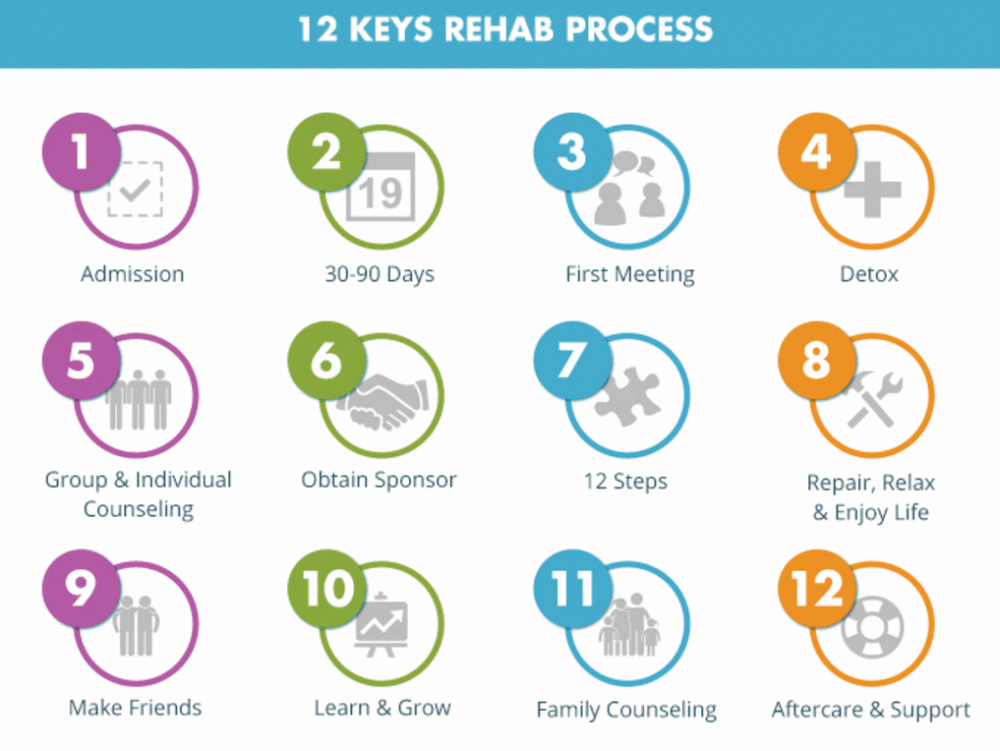
12-step programs and AA groups are typically prescribed to aid people with alcohol addiction. Unfortunately, these don’t work for many sufferers. There are over 60,000 AA groups across the country, but these still fail to effectively address the problem of alcohol dependence.
Dr. Lance Dodes, author of The Sober Truth: Debunking The Bad Science Behind 12-Step Programs and the Rehab Industry and a retired professor of psychiatry in Harvard Medical School writes: ““Peer reviewed studies peg the success rate of AA somewhere between five and 10 percent. About one of every 15 people who enter these programs is able to become and stay sober.”
Alcoholism Treatment Quarterly published a report in 2000, which analyzed members of AA from 1968 to 1996. The figures revealed that a staggering 81% of new members stopped attending meetings just within their first month. After 3 months, 10% stayed on with the membership and after a year, membership reduced dramatically to only 5%.
There is clearly a need for a more effective, safe, and healthy way of managing alcohol addiction.
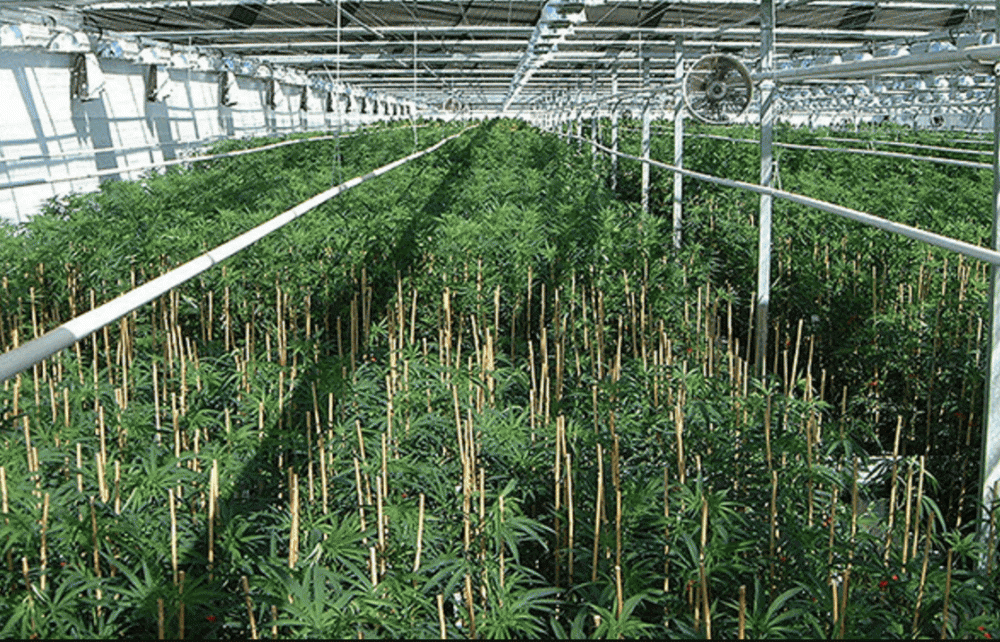
Cannabis As Alternative Therapy For Alcoholism
In 2004, the late Dr. Tod Mikuriya published a study of 92 patients, all of whom were given cannabis to help treat alcohol dependence. Mikuriya was an advocate of medical cannabis and its efficacy for several conditions including alcoholism.
Excerpts from the report say:
“As could be expected among patients seeking physician approval to treat alcoholism with cannabis, all reported that they’d found it ‘very effective’ (45) or ‘effective’ (38). Efficacy was inferred from other responses on seven questionnaires.”
“Nine patients reported that they had practiced total abstinence from alcohol for more than a year and attributed their success to cannabis. Their years in sobriety: 19, 18, 16, 10, 7, 6, 4 (2), and 2.”

Many participants in the study said that signs of alcohol dependence came back when they stopped using cannabis. 29% of the participants also turned to booze to help with pain management, then started to use cannabis instead.
44 participants reported that they used alcohol to deal with psychological ailments including anxiety, depression, and stress; the same group of people were able to successfully switch to cannabis instead to treat these mood disorders.

Another study published in 2009 in the Harm Reduction Journal concludes that cannabis can safely be used as an alternative for alcohol in treating alcohol abuse. The study analyzed 350 users of cannabis, 40% of whom used it to manage alcohol cravings and a whopping 66% even used herb to replace prescription drugs. 26% of the participants also turned to cannabis to replace harmful drugs including heroin and cocaine.
Amanda Reiman, who conducted the study, said:
“Substituting cannabis for alcohol has been described as a radical alcohol treatment protocol. This approach could be used to address heavy alcohol use in the British Isles — people might substitute cannabis, a potentially safer drug than alcohol with [fewer] negative side effects, if it were socially acceptable and available.”
The report also adds that 65% of the participants turned to cannabis because there are less side effects than using alcohol and more harmful drugs. 34% said they used it because it isn’t addictive and won’t give them the same withdrawal symptoms.
Cannabis Can Prevent Alcohol-Induced Liver Damage
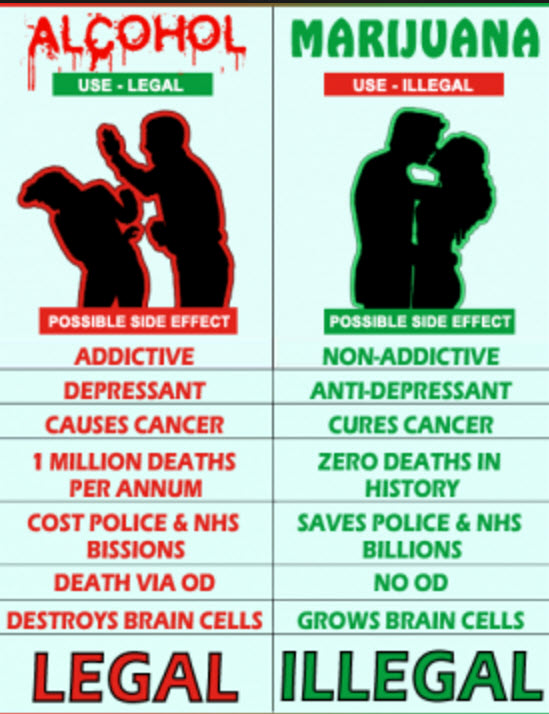
Alcohol dependency not only impacts your brain, but it also severely affects the liver. Those who suffer from alcoholism are at high risk for developing liver-related illnesses including cirrhosis of the liver, liver cancer, and hepatitis.
Researchers from the Mount Sinai School of Medicine in New York published a study analyzing the effect of cannabidiol (CBD) on oxidative stress in the liver caused by alcohol. The study used mice, which were injected with ethanol two times a day for 5 days to mimic the damage that occurs when a person goes on a bender. Another group of mice were injected with CBD. Study results showed that the presence of CBD was beneficial in protecting the liver from steatosis, which occurs when there is a buildup of lipids and fat. Steatosis can lead to cirrhosis, which can lead to liver failure. Prevention is always best when it comes to cirrhosis because there is no known treatment that can cure it.
Have you used cannabis to treat alcohol dependence? Share your story with us in the comments below.
OTHER STORIES YOU MAY ENJOY...
WHY BIG ALCOHOL IS FIGHTING MEDICAL MARIJUANA, CLICK HERE.
OR..

ALCOHOL IS LEGAL, SO SHOULD CANNABIS, CLICK HERE.
OR..
CANNABIS FOR ALCOHOL ABUSE, READ WHY HERE.

